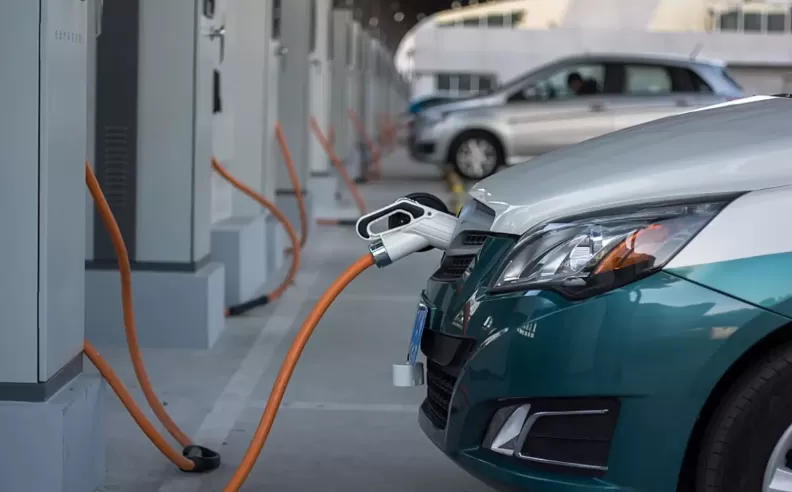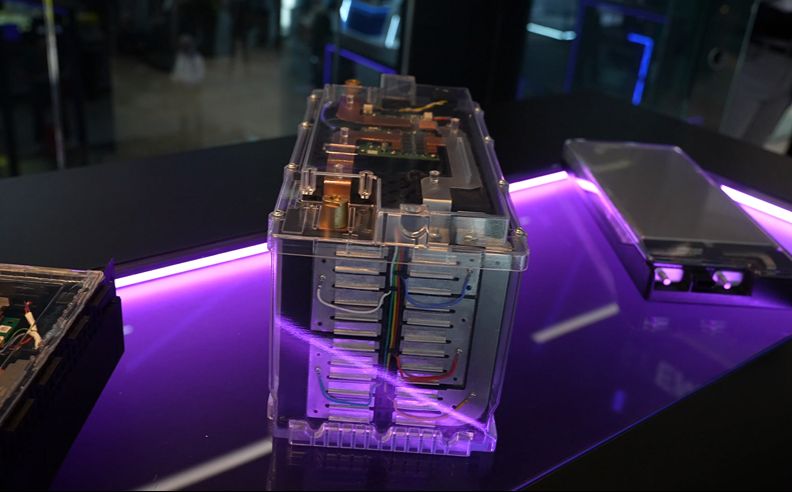
As electric vehicles gain traction across the UAE, more drivers are weighing the benefits of making the switch from petrol to electric. Advances in charging infrastructure, attractive government incentives, and growing environmental awareness are all making EV ownership more appealing. This guide looks at the pros and cons of electric versus petrol cars, the UAE’s readiness for EV adoption, how these vehicles hold their value, and which models best fit your needs.

While petrol cars still dominate UAE roads, electric vehicles are becoming a serious contender. Despite higher upfront prices, EVs cost less to run over time thanks to lower charging costs compared to refueling. They also deliver smooth, instant acceleration thanks to electric torque. Petrol cars remain better suited for long-distance trips because refueling is faster, but with the rapid expansion of charging stations in the UAE, that gap is closing quickly.

Modern EV batteries are designed to handle extreme temperatures and come with advanced thermal management systems to prevent damage. Leading brands like Tesla and BMW have conducted heat testing specifically for Gulf conditions, making summer driving safe for EV owners. Charging infrastructure is also expanding fast. Dubai’s DEWA has installed hundreds of charging points in malls, hotels, and public parking areas, complete with smart apps for payment and booking. Abu Dhabi is rolling out similar facilities, including solar-powered fast chargers. This growth makes daily EV use in the UAE more practical than ever.

Your choice should match your driving habits and space needs. For short daily commutes, compact EVs like the Nissan Leaf or Volkswagen ID.3 are ideal. Families or drivers needing extra cargo space can look at options like the Tesla Model Y or Mercedes EQB. Test driving before buying is key to judging performance and comfort. Factor in total ownership costs, including purchase price, charging expenses, insurance, and maintenance. Reliable dealers in the UAE offer both new and used EVs, with prices starting from around 100,000 AED.

The UAE’s charging infrastructure is expanding rapidly. In Dubai, DEWA has installed hundreds of public chargers in malls, hotels, and parking facilities, supported by apps that allow drivers to find, book, and pay for charging points. Abu Dhabi is following suit, with a growing number of fast chargers, including units powered by solar energy. This wide coverage makes daily EV use increasingly convenient.

Started my career in Automotive Journalism in 2015. Even though I'm a pharmacist, hanging around cars all the time has created a passion for the automotive industry since day 1.

